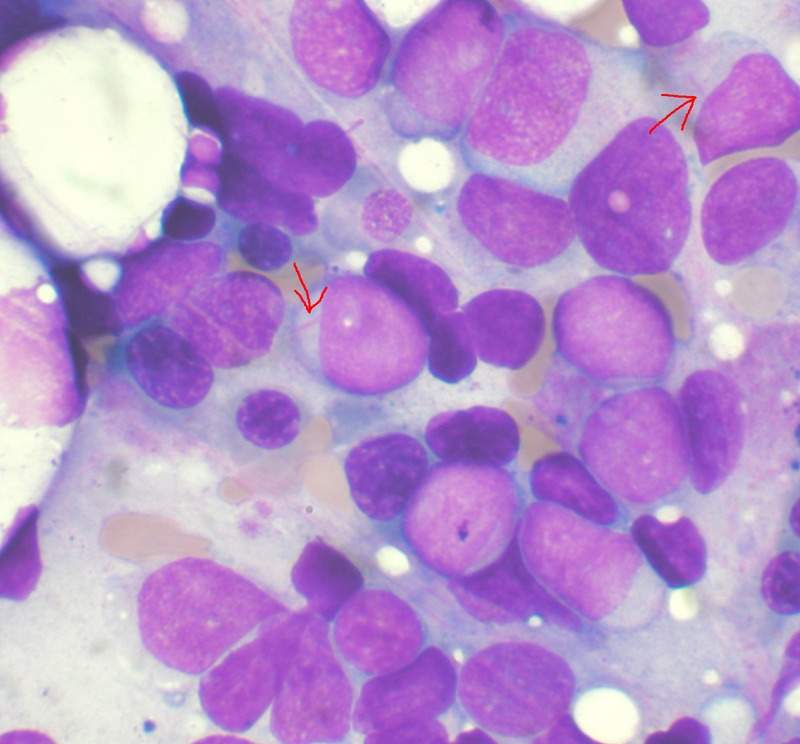

The US Food and Drug Administration (FDA) has granted approval to Pfizer’s antibody-drug conjugate (ADC) Mylotarg (gemtuzumab ozogamicin) for the treatment of patients with acute myeloid leukaemia (AML).

Discover B2B Marketing That Performs
Combine business intelligence and editorial excellence to reach engaged professionals across 36 leading media platforms.
With the approval, the Pfizer ADC can be used to treat adults with newly diagnosed CD33-positive AML, as well as adults and children aged two and older with relapsed or refractory CD33-positive AML.
Mylotarg comprises the cytotoxic agent calicheamicin attached to a monoclonal antibody (mAB) targeting CD33, which is an antigen expressed on the surface of myeloblasts in up to 90% of AML patients.
It is currently the first approved therapy with an indication that includes paediatric AML, and also only AML treatment that targets CD33.
Pfizer oncology global president Liz Barrett said: “The FDA approval of Mylotarg fills a critical unmet need for many adults and children with AML, which can be fatal in a matter of months or even weeks if not treated and has a high relapse rate.

US Tariffs are shifting - will you react or anticipate?
Don’t let policy changes catch you off guard. Stay proactive with real-time data and expert analysis.
By GlobalData“Based on clinical data, real-world experience and support from the AML community, we are grateful Mylotarg now has the potential to help a broad range of AML patients.”
The current FDA approval is based on the results from several investigator-led clinical trials, including ALFA-0701, AML-19 and MyloFrance-1.1.
ALFA-0701 is the multicentre, randomised, open-label, Phase III trial that involved 271 patients with newly diagnosed de novo AML.
The AML-19 was also a multicentre, randomised, open-label Phase III trial that compared single agent Mylotarg to best supportive care for elderly patients who could not tolerate other AML therapies.
The single-arm, open-label Phase II MyloFrance-1 trial investigated 57 adult patients in first relapse, and the efficacy of the treatment was demonstrated on the basis of complete remission (CR) rate and duration of remission.
Image: Bone marrow aspirate showing acute myeloid leukaemia. Photo: courtesy of VashiDonsk at the English language Wikipedia.




